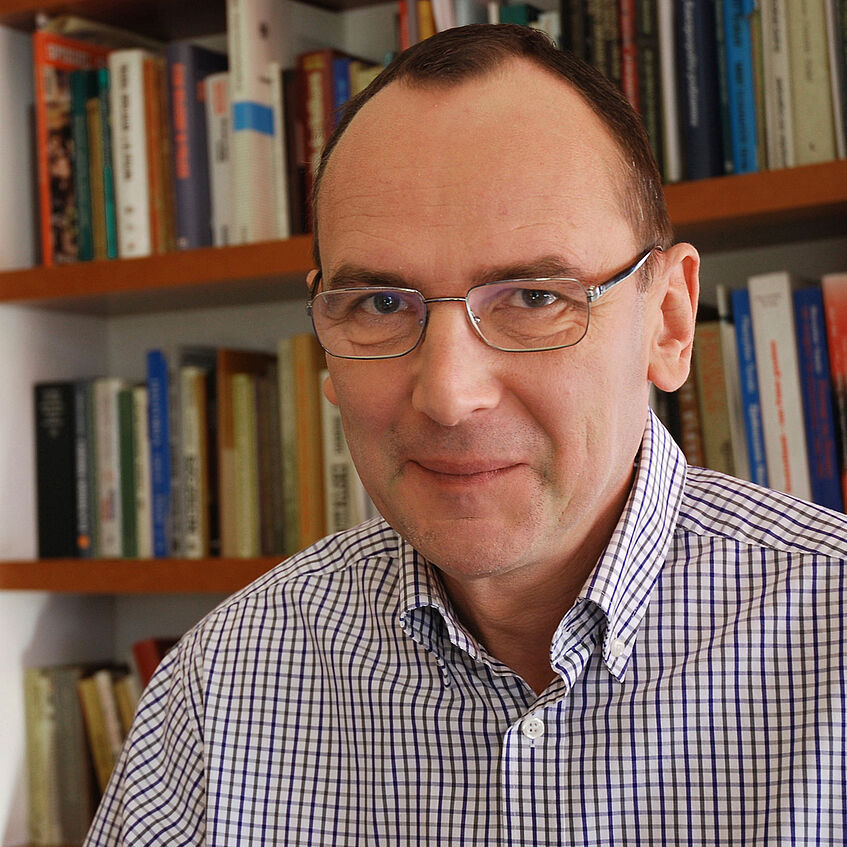
© private
Prof. Dr. Dr. h.c. Włodzimierz Borodziej
Professor for Contemporary History, Warsaw University
Professor for Contemporary History at the University of Warsaw. Chairman of Academic Committee of Imre Kertész Kolleg, Jena; since 2003 editor in chief of Polskie Dokumenty Dyplomatyczne, published by the Polish Institute of International Affairs (24 volumes). Chairman of Academic Committee, House of European History, Brussels.
Main recent publications:
- (with Maciej Górny), Nasza Wojna. Tom I: Imperia, 1912-1916 (Our War. 1. volume: Empires, 1912-1916), Warszawa 2014. Tom II: Narody, 1917-1923 Second volume: Nations, 1917-1923, forthcoming in Sepembtember 2018)
- Geschichte Polens im 20. Jahrhundert, München 2010.
Abstract
Poland: Deficient Democracy?
The Republic of Poland became unwillingly heir of several political cultures: the Austrian, Prussian-German, Russian, added to different Polish ways of coming to terms with modernity without an own state.
Parliamentary democracy worked for seven years (1919-1926) to be replaced by an authoritiarian dicatorarship about twice longer (1926-1939), followed by occupation (German: 1939-1945; Soviet: 1939-1941). After a brief period of transition (1945-1947), the country joined the Stalinist, after 1956 post-Stalinist model, which lasted until 1989. Only after this date parliamentary democracy prevailed again. So if we take the notion of 20th century literally, the country has a some 20 years old tradititon of democracy (1919-1926 & 1989-2000) standing against decades of foreign dictatorship/occupation/home made version of antilberal ruling.
Why? I'll try to give some possible hints without being convinced, that the next generation will not come up with different explanations.
Programme: Panel 7, Thursday, 6 September 2018, 17:30-19:00